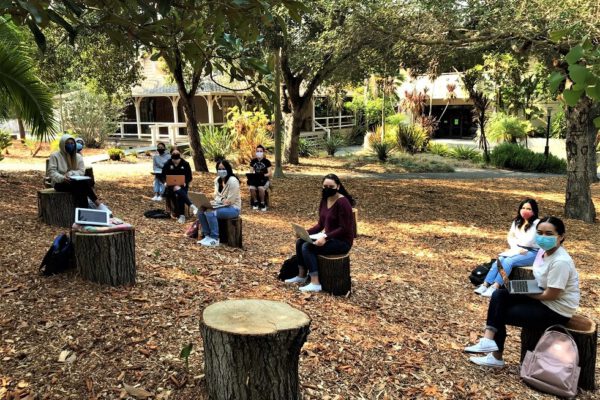Major Matters Most: The Economic Value of Bachelor’s Degrees from the University of Texas System
Report: Major Matters Most: The Economic Value of Bachelor’s Degrees from the University of Texas System
Author: Anthony P. Carnevale, Megan L. Fasules, Stephanie A. Bond Huie, and David R. Troutman
Source: Georgetown University Center on Education and the Workforce
The University of Texas System (UT System) and the Georgetown Center on Education and the Workforce (GCEW) have released a study examining the earnings patterns of UT System graduates and the economic impact of earning a UT System degree.
The study, Major Matters Most: The Economic Value of Bachelor’s Degrees from the University of Texas System, found that three years after completing college a graduate from a UT System institution has median earnings of $39,600, which is more than all Texas workers with a bachelor’s degree ($36,800), and all workers nationally with a bachelor’s degree ($34,000). The report also highlighted the important role that major choice can play in narrowing the earnings gap between low-income and high-income students, and white and Latino students.
The relationship between employment, earnings, and postsecondary educational attainment is growing. Providing students and families with the kinds of insight found in this report is more important than ever. Partnerships, like the one between the UT System and GCEW, offer a model that more institutions should consider adopting as they seek ways to inform students.
To read the full report, please see Georgetown’s Center on Education and the Workforce website.
If you have any questions or comments about this blog post, please contact us.


